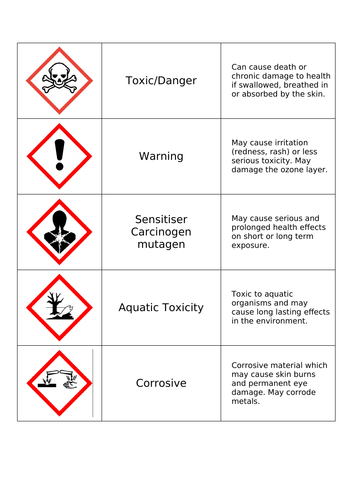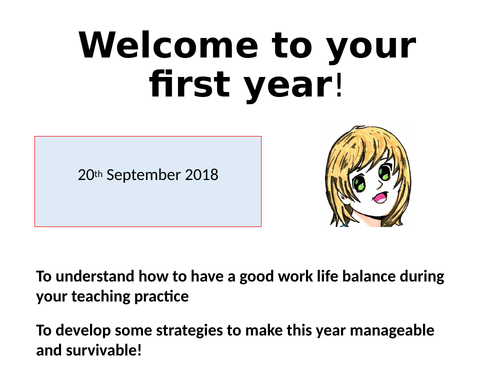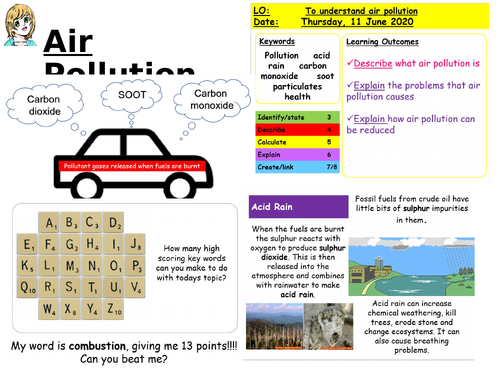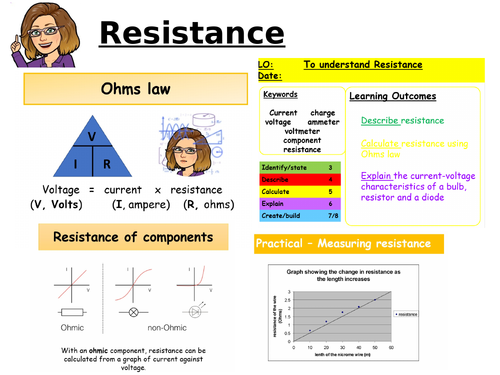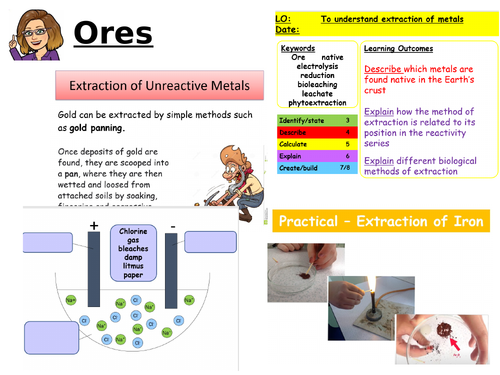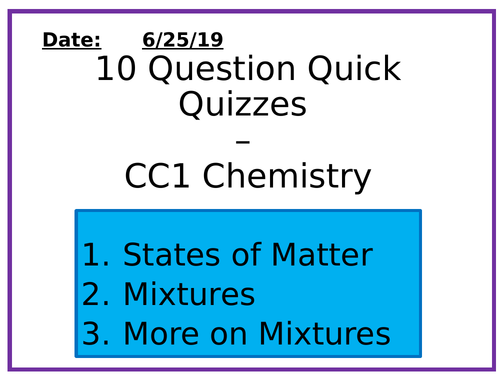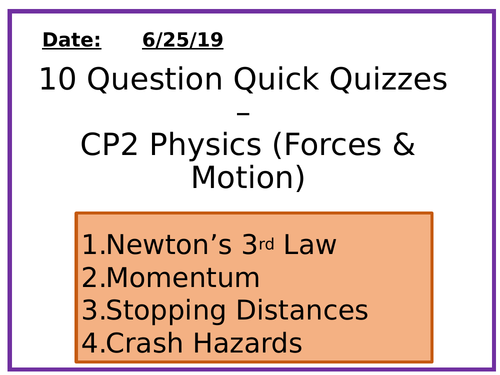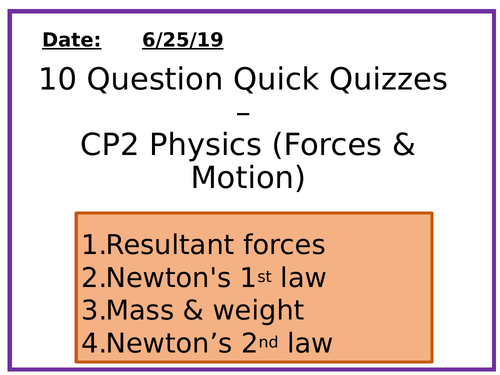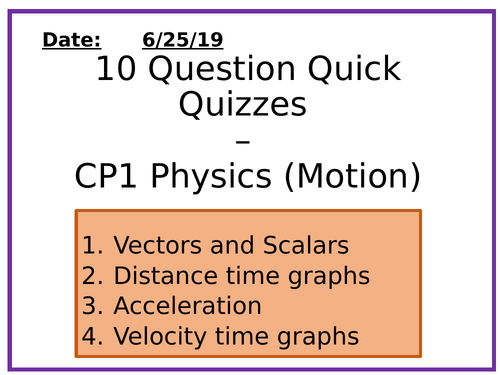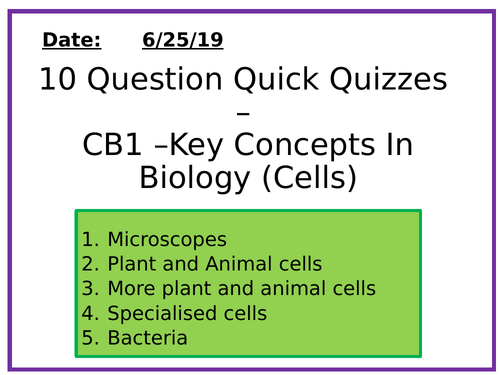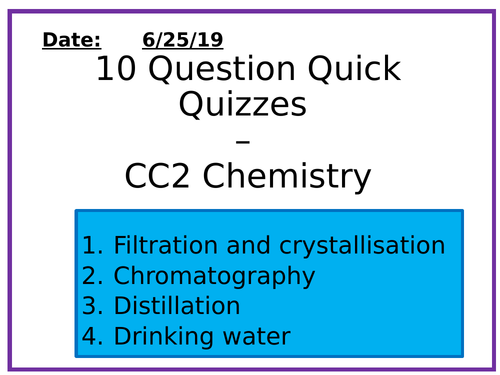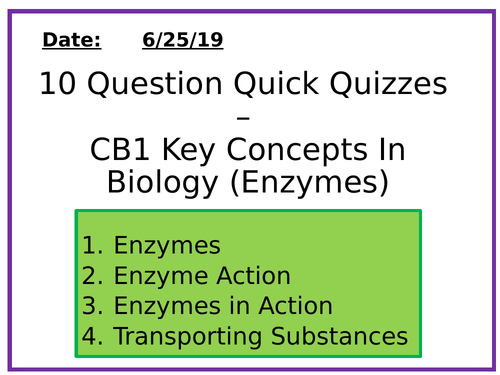Jennytribe's shop
I am a Science teacher of 20+ years who has worked as both an Assistant Science Faculty Leader in mainstream school as well as ITE coordinator. I have also worked in alternative provision and now am curriculum leader for SEND Nurture provision in a special secondary school where I have developed many resources for teaching ELC Science. I love all things Science and enjoy being creative with my teaching.

